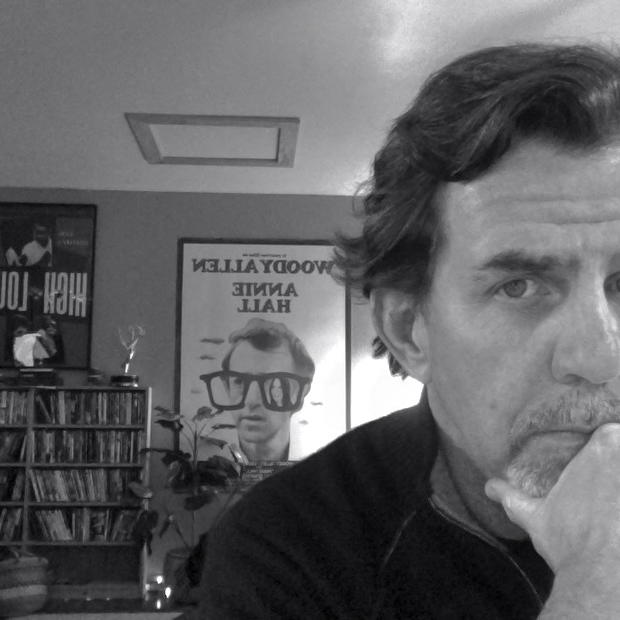 I know what you’re thinking: Do we really need another documentary about big American oil companies exploiting third world countries for their priceless petroleum?
I know what you’re thinking: Do we really need another documentary about big American oil companies exploiting third world countries for their priceless petroleum?
In the case of the new film, Oil & Water, the answer is a resounding yes, because the story it tells is often very different from what we’ve come to expect from these predictable, David vs. Goliath narratives: big oil wins, the poor indigenous population loses. The film screens this Saturday, Oct. 25th (7 p.m.) at Northwest Film Forum, as part of the Social Justice Film Festival.
Movies such as Crude, Big Men and Sweet Crude have drilled into this subject with varying degrees of success. The locally produced Sweet Crude tended to lose its way with too many competing story lines; Big Men needed reams of on-screen text to keep its audience oriented. So it is a refreshing surprise to encounter Oil & Water, also made by a Northwest production team, but one that skips over the pitfalls of advocacy polemics for a more personal, engaging and consistently engrossing approach.
Although there is a toxic disaster on the periphery of Oil & Water, the movie is centered on two protagonists, teenage boys when we first meet them, young men when we reluctantly part company six years later. Hugo was born into the Cofan tribe of rural Ecuador and eventually sent to study and learn English at a Seattle-area high school, a skill his tribe hoped would help him lead the fight against oil exploiters. David was from Amherst, Massachusetts, still a boy when he started a humanitarian project to raise awareness of the very same ecological catastrophe threatening Hugo’s Amazon homeland.
A chance meeting between the two on a canoe ride became the catalyst for an unlikely long distance friendship, and also for this film, which co-directors Francine Strickwerda and Laurel Spellman Smith have crafted with tender, palpable care. pdiv>
For more than six years, with unwavering determination and an astute sense of what matters most, the filmmakers concentrated on the journey of these two admirable, and admirably normal, young men, who must grapple with the burdens of self-appointed activism while also trying to build lives not solely defined by it. In the background, 18 billion gallons of sludge leak into rural Ecuador, coating this story with the sad, inescapable veneer of yet another case of capitalist abuse.
The surprises in the twin trajectories of Hugo and David, growing from boys to men — experiencing marriage, financial pressures, the frustrations of running a business — are illuminated in brisk, lively episodes which detail the pressures of living up to their own expectations as well as the expectations of others.
Edited with sure-handed economy by Tracy Dethlefs, who tames hundreds of hours of footage into an absorbing, compact chronology, and vividly scored by composer Erik Aho, Oil & Water is a documentary driven by empathy, in which character trumps militancy, in which the way two individuals live their lives on our fragile planet matters more than the cause that threatens to swamp them. With its graceful and unassuming final scenes, we come to realize that what began as a canoe ride for Hugo and David, was only the beginning of a much longer voyage.
This article first appeared in Rustin Thompson's blog, The Restless Critic.

